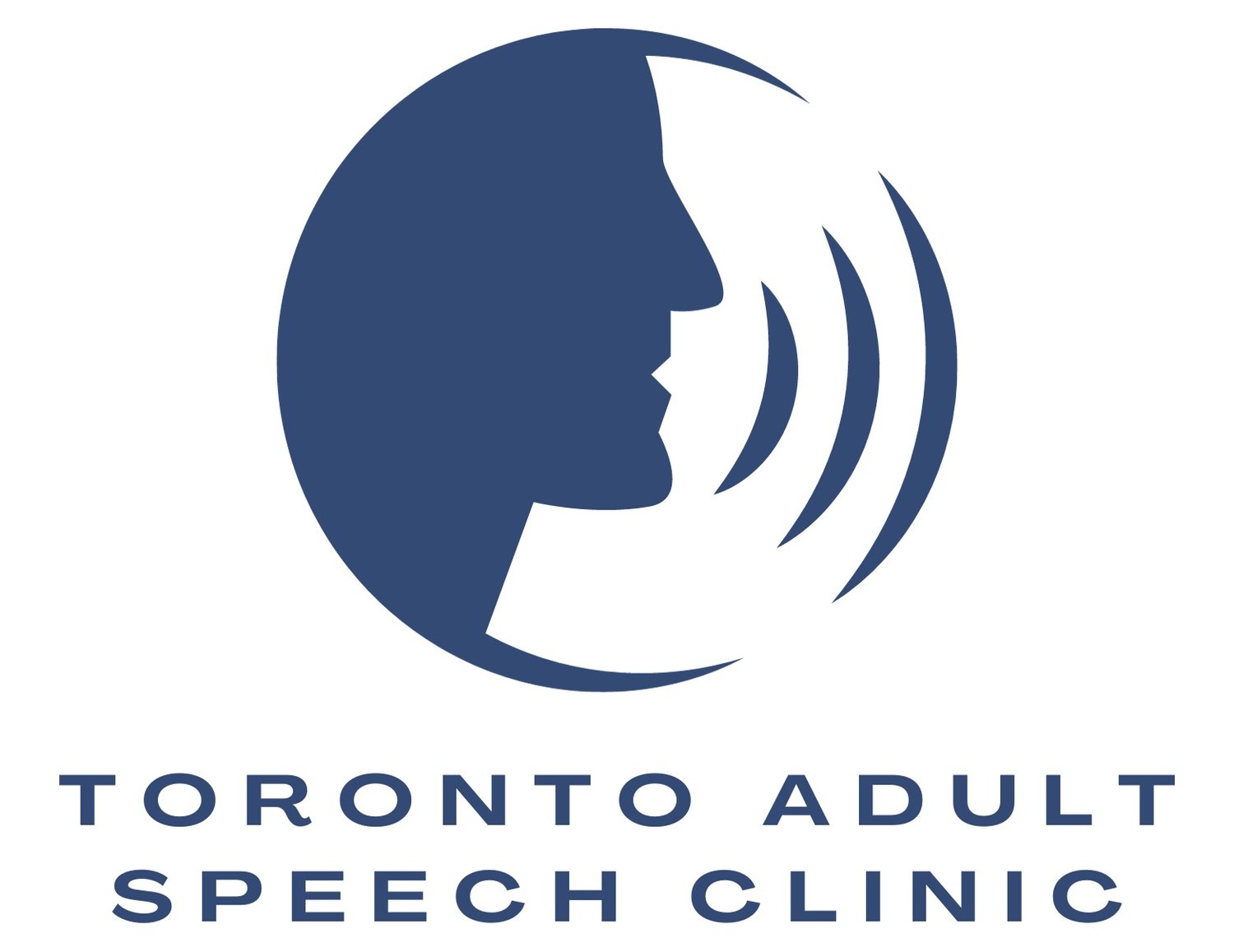Voice Therapy or Voice Lessons?
Voice Therapy or Voice Lessons?
Knowing your options and making the informed choice for your voice
I have been receiving many inquiries regarding the difference between the role of a speech-language pathologist and the role of a voice teacher or vocal coach. This distinction is an important one so that anyone seeking services for their voice knows the nature of the services they are receiving. It is also an important distinction when considering a speech-language pathologist like myself who is also qualified and experienced as a voice teacher to make sure I am practising responsibly and in the best interest of everyone who seeks my services.
As a speech-language pathologist in Ontario, I am not allowed to declare a specialization in a particular area. This is largely for the protection of those seeking services. Currently the regulatory body for speech-language pathologists and audiologists (the College of Audiologists and Speech-Language Pathologists of Ontario or CASLPO) does not recognize or provide specialization training, so specializations in the field of speech-language pathology are not recognized by the College. This is so that not just anyone can declare they are a specialist in a particular area- so that those seeking services in that particular area are not mislead to believe someone is capable in an area they are not.
In many areas around the world, there are systems in place for registered speech-language pathologists to acquire specialized training and declare themselves “singing voice specialists” (SVS). So what does that mean if you are seeking these kinds of services in Ontario? Do you have to move? No way!
Here in Toronto, there are several speech-language pathologists like myself who have advanced training and experience in areas of singing, vocal technique, and vocal pedagogy in addition to our certification and training as speech-language pathologists. So while CASLPO may not allow a declaration of a specialization for those of us with a background and skill set in working with the singing voice, we are allowed to let the public know the nature of our experience. As a result, those seeking services specific to their singing voice can use that information to make informed decisions about who they choose to work with for their voice needs. For more information on my specific qualifications and experience as both a speech-language pathologist and voice teacher/instructor please refer to my updated CV found here.
I also view my role as both a speech-language pathologist and voice teacher to advocate for each profession and the understanding of their similarities and differences. In the chart below, I have outlined how I draw the distinction between my two roles in my own practice. This is my own professional distinction, made based on general research into practitioners around the world as well as professional knowledge of the scope of practice of a speech-language pathologist. It is however, by no means a universal way of classifying each profession.
At Toronto Adult Speech Clinic (TASC), it is our belief that vocal health and voice care is paramount, so even those seeking voice lessons are recommended for an initial consultation to be screened for their vocal health and habits. This screening is within the scope of a speech-language pathologist not a voice teacher, and so it is billed and documented appropriately. All personal health information collected at this session is kept confidential and secure under the regulations and standards of all healthcare professionals (find out more here). At the initial consultation, together we can decide the best course of action and agree on a voice plan- voice therapy or voice lessons.
The final comment I will make is addressing the option of receiving multiple types of services at TASC. While it is possible to transition between voice therapy and voice lessons at TASC, I believe it is my professional responsibility when an individual changes service types to offer a variety of appropriate options (whether that means voice teachers or speech-language pathologists) and allow them to make a decision they are most comfortable with. I maintain a broad network of voice teachers and speech-language pathologists for this purpose.
Intrigued about voice therapy or voice lessons at TASC? To book an initial consultation at TASC for your voice, visit our convenient online booking portal. In addition, because the initial consultation is a service provided within the scope of speech-language pathology, it is eligible to be covered under many private health insurance plans.*
*Note: If the mutual decision is made to pursue voice lessons and not voice therapy at any time (regardless if you were receiving voice therapy and decided to transition to voice lessons at a later date), these services are not eligible for coverage under most insurance plans. As a result, receipts issued for voice lessons (if requested) will not contain credentials or registration information for the speech-language pathologist- no exceptions. For further clarification, please refer to the chart above or contact us to find out more about eligibility for insurance claims.
Find out more about our wide variety of voice therapy options by following one of the links below:
Singing Voice Therapy
Professional Voice Therapy
Transgender Voice Therapy
Find out more about voice lessons and masterclasses here (information coming soon).


